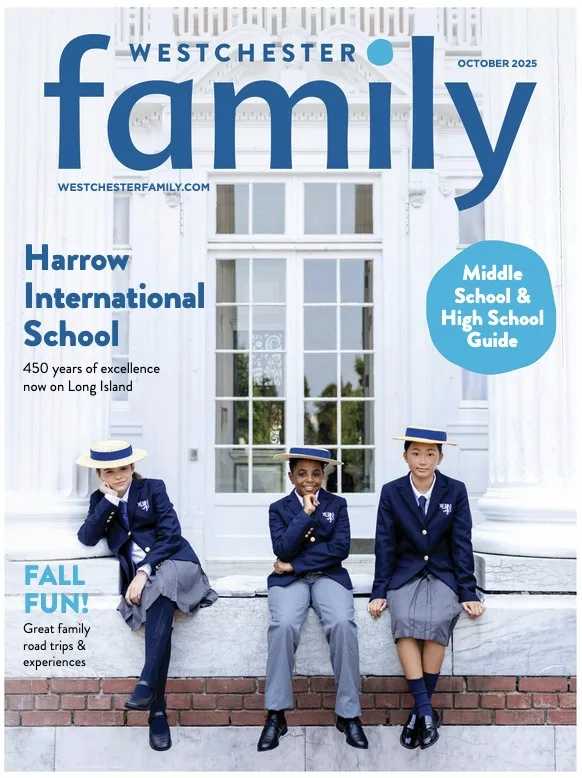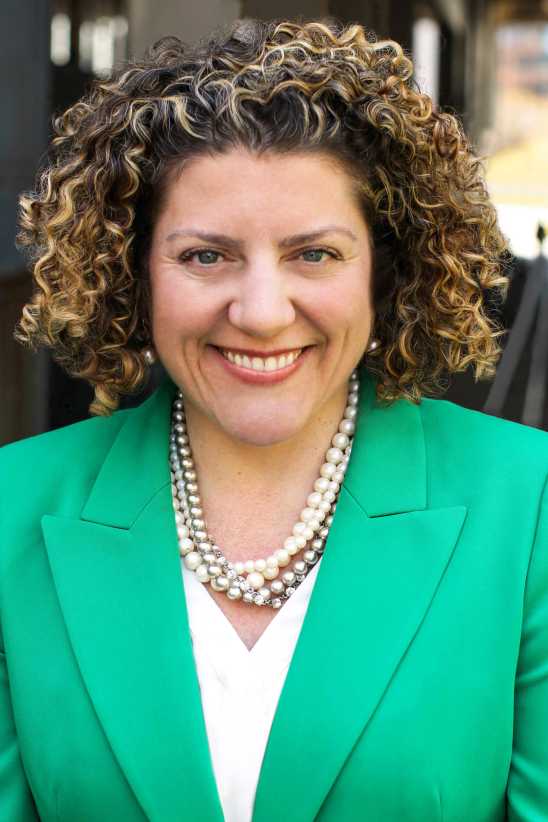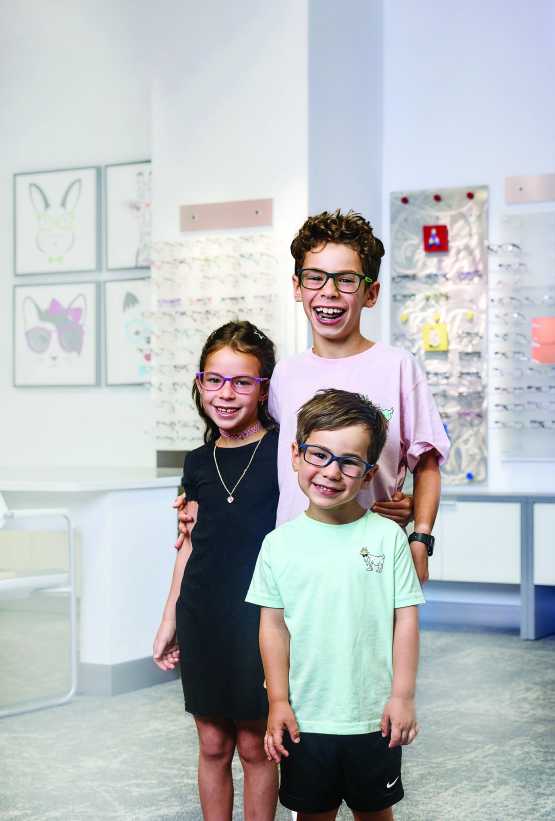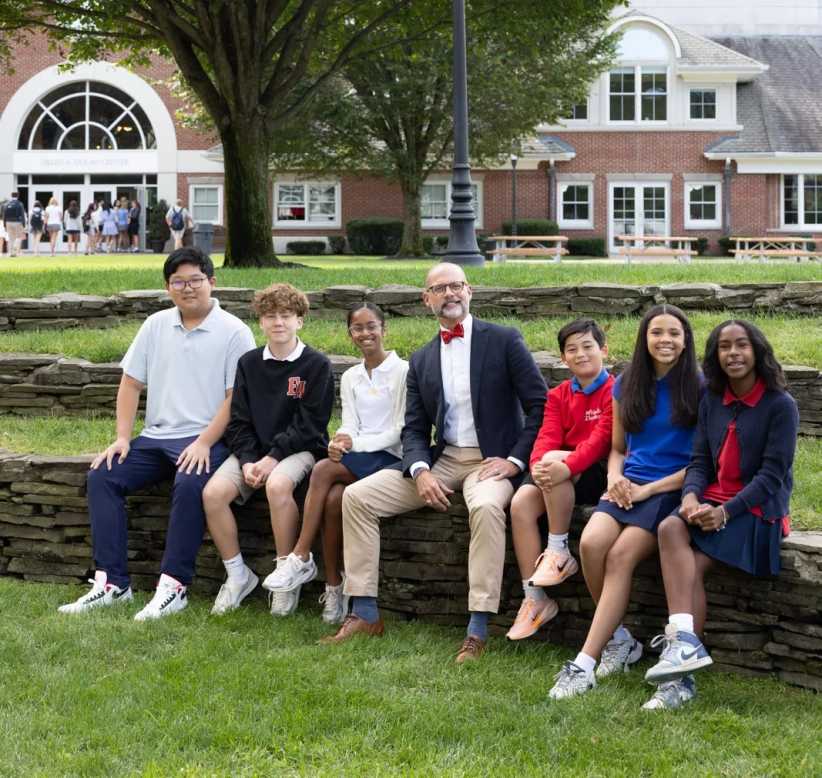When I was a kid, recess was a time to talk with my friends about boys, run, scream, and let off some excess steam before returning the humdrum of reading, writing, and arithmetic. These days, recess is not just a “break” between the morning and afternoon sessions at school, it is also where all the action takes place. Bullying, fights, teasing, exclusion — they all play out during recess.
Unfortunately, these happenings have an effect on what children learn at school because problems at recess often spill into the classroom. Teachers can lose valuable teaching time if they have to stop a lesson to resolve behavioral problems that spawned in the schoolyard every day. During the course of a year, that time can really add up.
“Recess and the transitions to and from lunch are the toughest part of the day,” said a teacher at PS 20 in Brooklyn who asked to remain anonymous. “The students become disorganized, hyper, and difficult to manage. Going from a free-for-all to focused learning is tough on them, and on me.”
This teacher’s comment reminded me of the day when my own child came home with a chipped tooth from playing football in the schoolyard. Another parent reported that their child was being bullied at school, so the staff changed the children’s seats so they’d be further apart. When that didn’t work, the children were put in different reading groups. Ultimately, when the classroom issue couldn’t be resolved, one child transferred out of the school. No parent wants her child coming home from school injured, but, as shown, it is difficult for schools to deal with problems that fall in the gray area between a school problem and a social one.
Enter Playworks, a national nonprofit based in California that engages elementary school students in playgrounds. The organization provides a structure to help the children have fun, learn inclusion through teamwork, and engage in constructive conflict safely.
The games include everyone and focus on teamwork rather than on competition. Playworks levels the play to an appropriate amount of physical activity and combines thinking and self-control with fun games. Many of the Playworks games and instructions can be downloaded from the company’s website. For games like tag (but not called tag), where touching is required, it is to be “as light as the wings of a butterfly.” There is never pushing or shoving. It is a great way to teach children self-control and help them burn off excess energy.
These improvements better the school community, the individual child, and their academic success. The organization is currently engaging students at recess in Manhattan, Brooklyn, and Queens, and the list is growing.
“Children do need to play, but many of them do not know how to play,” says Adeola “Ola” Whitney, a Brooklyn mother of two and executive director of Playworks Greater Newark and New York area. “Many kids are not privy to go to a safe park after school. Neighborhoods and schools may not have expansive resources to give kids the healthy recreation that children need.”
Most parents know what she means. Sitting around pushing buttons on an electronic box (AKA a video game console) is not “really” playing.
Roberta Davenport, the principal of PS 307 in Brooklyn, brought the Playworks program to her school to help children develop social skills that have been forgotten in modern academia such as empathy, sharing, respect, and inclusion. The result was improved grades. According to Whitney, the principal wanted a program that would help with the transitions from schoolyard play to schoolwork.
“It is a great inclusion program,” says Taina, a parent at PS 3 in Brooklyn, where the Playworks program has organized recess play to include children who were being left out. “It was tough for my child, who has experienced pushing, hitting, and name-calling by a classmate in the yard, and then to come back to class and be forced to sit right next to the person.” The problem not only affects the student who is being bullied and their bully. The tension and frustration of a recess incident can negatively affect an entire class.
Which means that sometimes teachers need an adequate break during the long school day, too. And the Playworks program is flexible. It can either dispatch its own “coaches,” or train staff at schools, to organize the playtime.
But does it matter who runs the Playworks recess?
“Absolutely! A great teacher is a great teacher in the classroom. When those skills don’t translate to outdoor play, we help with crowd control, leadership, and managing the playtime in a safe way,” says Whitney.
The program strives to improve the overall tone of the play and of the school. There is no yelling or “punishment” for rule breakers. The coaches model respectful behavior and want to offer opportunities for everyone to participate in the games safely. No yelling at lunchtime? I am already impressed!
Gallup poll research shows that a positive school climate improves social, emotional, and academic outcomes for youth. Rather than cutting out recess, let’s improve it for the sake of children’s health and happiness.
Playworks is available nationwide and is currently in 23 major cities, including schools in our area: Voice Charter School in Long Island City, The Anderson School on the Upper West Side, and Children’s Storefront School in Harlem. It’s also in several schools in Brooklyn: PS 59, PS 12, PS 11, PS 309, PS 307, PS 11, PS 3, and PS 20. For more, visit www.playworks.org.
Candi Sparks is the author of “Can I Have Some Money?” a children’s money book series which includes “Max Gets It!,” “Nacho Money,” and other titles. She is the Brooklyn mother of two. Find “CandiSparks’s Blog” on WordPress, and follow her on Facebook (Candi Sparks, author) and Twitter (Candi Sparks, author), or on www.candisparks.






























